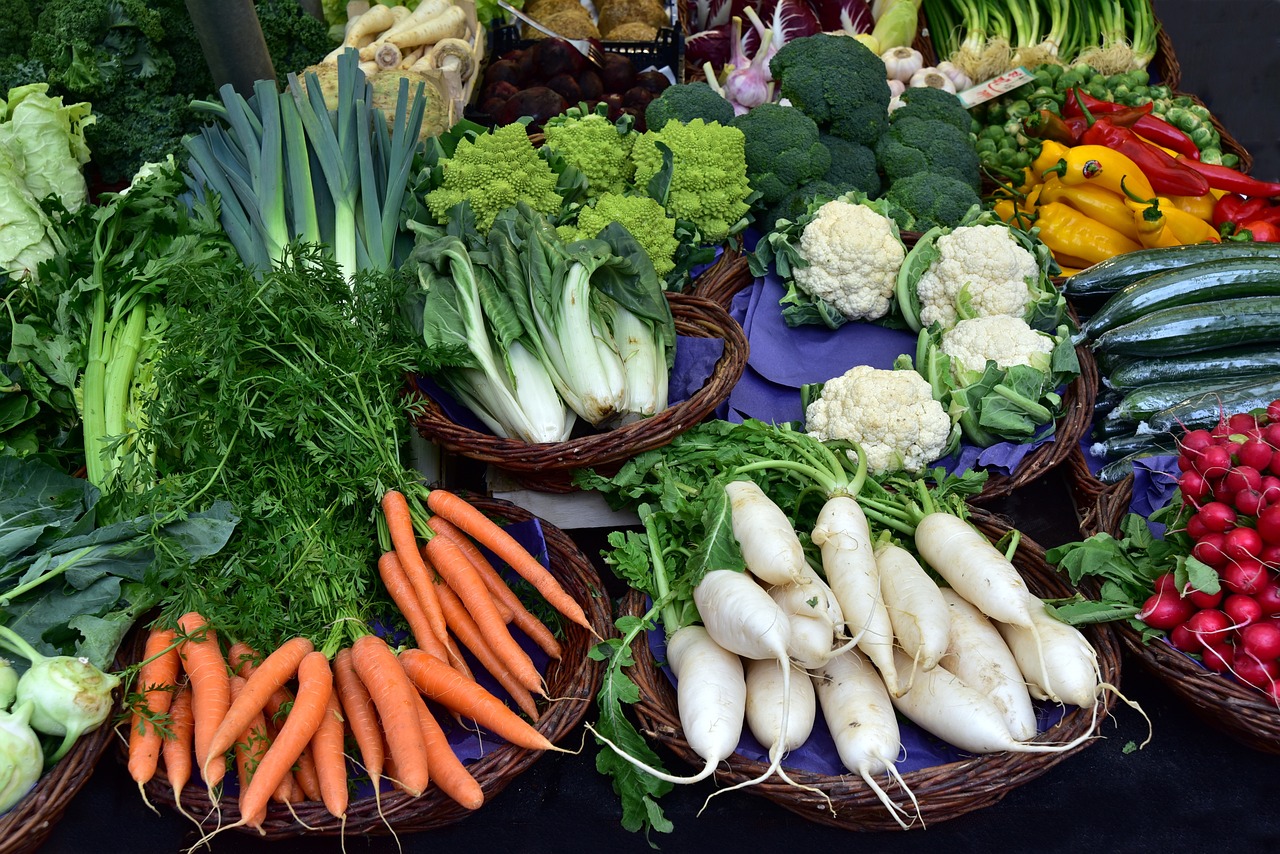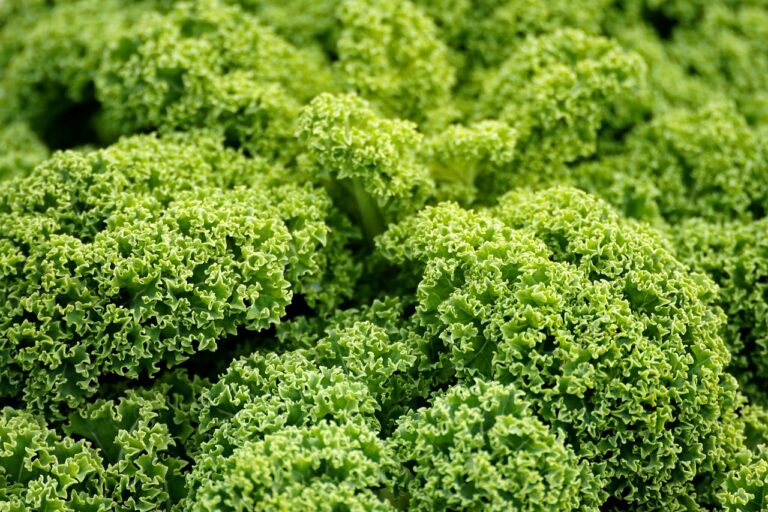The Role of Food in Sustainable Development Goals: Addressing Hunger and Poverty
Access to nutritious food is a fundamental human right essential for overall health and well-being. The quality of our diets directly impacts our physical and mental health, influencing our ability to function optimally in our daily lives. Without access to a diverse range of nutrient-rich foods, individuals may be at a higher risk of developing various health conditions such as malnutrition, obesity, and chronic diseases.
Nutritious food not only fuels our bodies but also plays a critical role in supporting growth and development, especially in children and adolescents. Adequate intake of essential nutrients like vitamins, minerals, proteins, and healthy fats is essential for proper physical and cognitive development. Access to a balanced diet is crucial for maintaining a strong immune system, improving productivity, and reducing the burden of healthcare costs associated with diet-related illnesses.
Challenges in Achieving Food Security
The issue of food security continues to be a prominent challenge globally. Despite efforts to increase food production, there are still significant barriers that hinder people’s access to sufficient and nutritious food. One of the primary challenges is the lack of distribution networks that can effectively deliver food to remote or underserved areas. This results in disparities in access to food resources, leaving many communities vulnerable to food insecurity.
Moreover, climate change poses a significant threat to food security as extreme weather events such as droughts and floods can devastate crops and disrupt food supply chains. The unpredictability of weather patterns makes it difficult for farmers to plan their harvests effectively, leading to potential food shortages. Addressing these challenges requires a multifaceted approach that includes implementing sustainable agricultural practices, improving infrastructure for food distribution, and enhancing resilience to climate change impacts.
• Inadequate distribution networks hinder access to food in remote areas
• Disparities in access to food resources leave communities vulnerable to food insecurity
• Climate change threatens food security with extreme weather events disrupting crops and supply chains
• Unpredictability of weather patterns makes it challenging for farmers to plan harvests effectively
• Solutions require sustainable agricultural practices, improved distribution infrastructure, and resilience to climate change impacts
Promoting Sustainable Agriculture Practices
Promoting sustainable agriculture practices is crucial for ensuring the long-term health of our planet and the well-being of its inhabitants. By adopting methods that prioritize environmental conservation and resource efficiency, farmers can mitigate the impact of agriculture on the ecosystem. Implementing practices such as crop rotation, water management strategies, and organic farming techniques not only enhance soil quality but also reduce the reliance on harmful chemicals.
Another key aspect of sustainable agriculture is promoting biodiversity within farming systems. Diverse ecosystems are more resilient to pests, diseases, and climate variations, making them less susceptible to crop failures. Incorporating agroforestry, intercropping, and cover cropping can help create a rich tapestry of plants that support each other’s growth and contribute to overall ecosystem health. By embracing these practices, farmers can not only improve their yields but also contribute to the preservation of the natural world for future generations.
Why is access to nutritious food important?
Access to nutritious food is essential for maintaining good health and overall well-being. Nutritious food provides the necessary nutrients and energy needed for the body to function properly.
What are some challenges in achieving food security?
Some challenges in achieving food security include climate change, limited access to resources, lack of infrastructure, and poverty. These factors can contribute to food insecurity and malnutrition.
How can sustainable agriculture practices help promote food security?
Sustainable agriculture practices can help promote food security by increasing food production, preserving natural resources, reducing environmental impact, and improving resilience to climate change. By adopting sustainable practices, farmers can ensure long-term food security for future generations.







